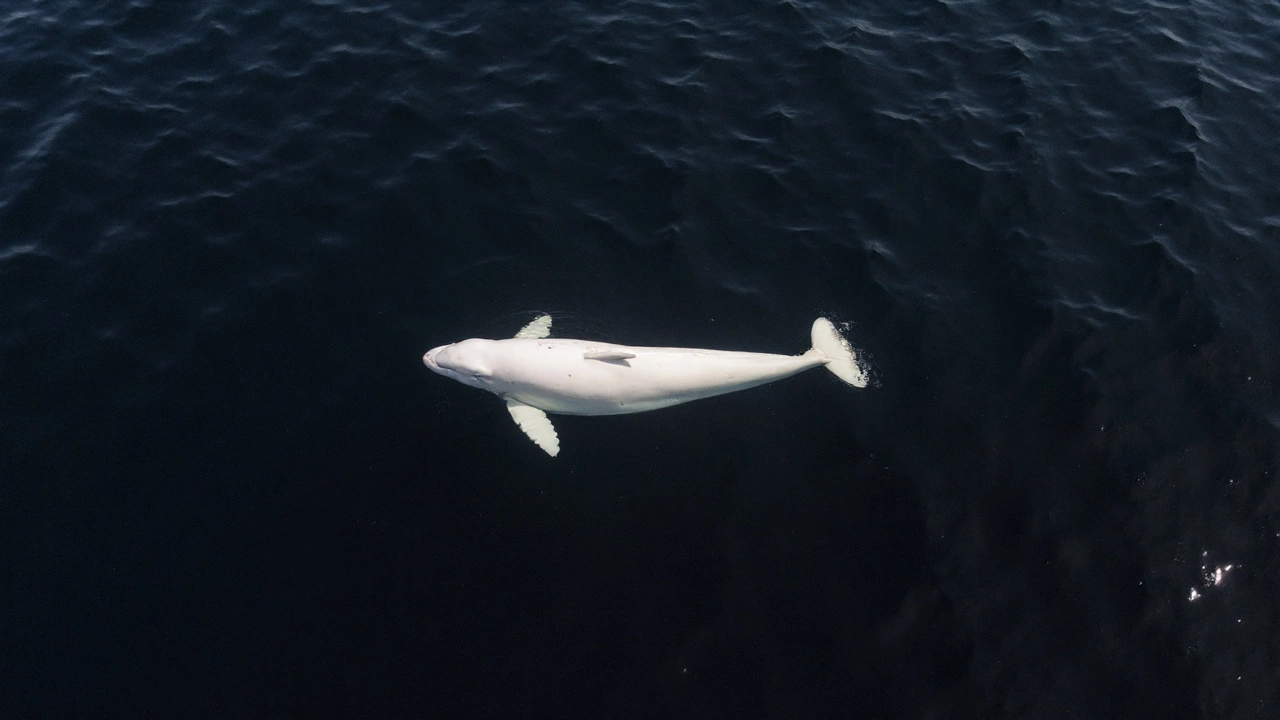Beluga Whale Surprises San Diego: Unprecedented Arctic Visitor
No one expected to see a beluga whale—a true Arctic native—show up off San Diego’s coast. Yet, that’s exactly what happened when a lone white beluga was spotted about seven miles offshore. For marine scientists, this is like finding a polar bear in the desert; belugas just don’t belong in these waters. They stick to the chilly, icy seas near Alaska, Canada, or Russia, far from California’s sun-soaked beaches.
The appearance caused jaws to drop among experts and everyday ocean-watchers alike. This isn’t just a quirky event; it’s the beluga whale’s first confirmed visit to the West Coast. The excitement is mixed with concern: what could have pulled this whale so far from home?
Belugas, sometimes called "sea canaries" because of their wide range of clicks, whistles, and chirps, are built for cold environments. Their thick blubber and snow-white coloring help them blend into drifting ice floes, not the blue-green waves off California. So, what gives?
Theories: Changing Oceans, Lost Travelers, or Both?
Scientists have a few guesses. Some wonder if climate change is nudging Arctic animals to explore new areas as warming seas push their prey elsewhere. Ocean temperatures off San Diego are warmer than any beluga would expect, but shifting currents and food sources could lure them south. Others think it might have been a navigational slip-up. Whales are famous for epic migrations, but they’re not immune to getting turned around—sometimes dramatically so.
Oddly enough, this isn’t the first time rumors of belugas surfaced in California waters. Back in 2020, a 15-foot beluga whale reportedly showed up near San Diego. But these sightings are far from routine. Usually, when people hear about belugas this far south, the stories turn out to be mistaken identity. This time, however, experts confirmed it through photos and observations.
What happens next? No one is totally sure. Experts are tracking the whale’s movement, making sure it isn’t in any danger. While it doesn’t seem hurt or sick, its loneliness is striking: belugas typically travel in pods, and the open Pacific is a long way from any fellow Arctic whales.
This event isn’t just a neat story for the local news. It’s a real-time look at how much the ocean is changing, and how animals—sometimes one baffled whale at a time—are responding to new challenges. Whether it’s a fluke or the start of a trend, you can be sure marine biologists will be watching closely. The oceans keep surprising us, often when we least expect it.
